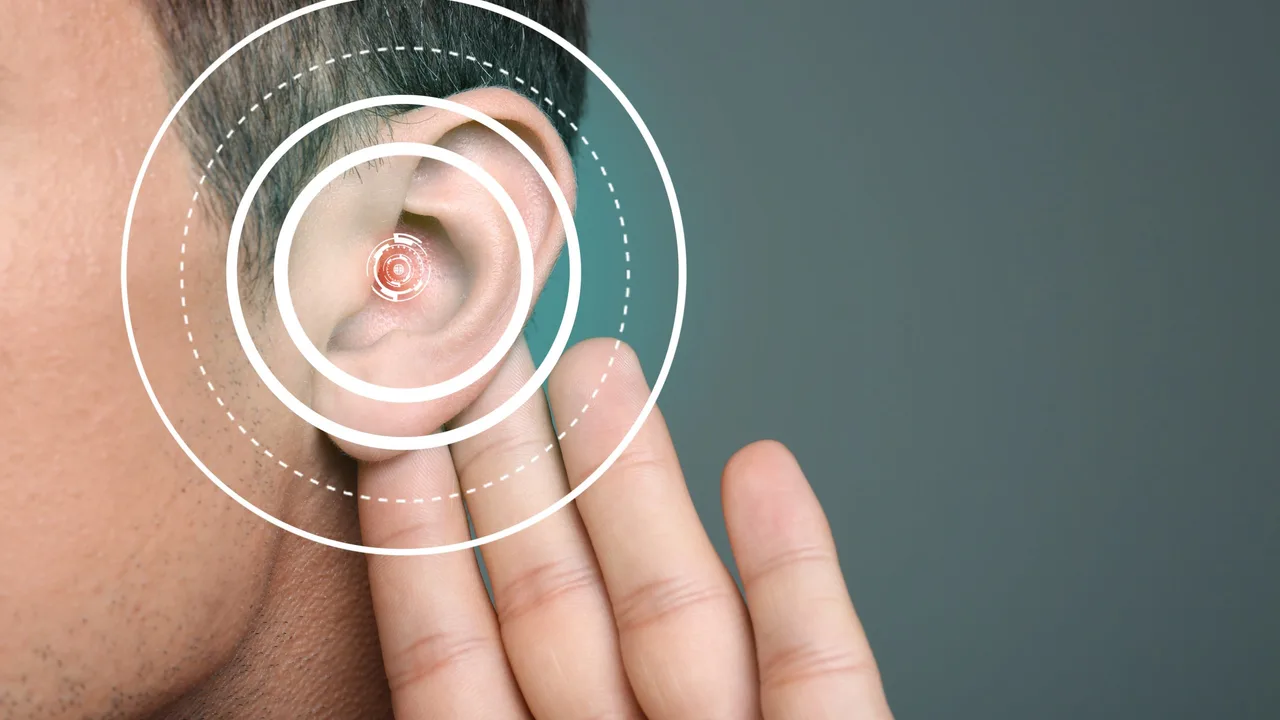Hi there, it's from your gal pal again. Today, I'll be shedding light on the interplay between hearing loss and that annoyance called ringing in the ears, often known as tinnitus. We'll be exploring causes, the interconnectedness of these two auditory issues, and potential treatments. Let's decode the sounds, or lack thereof, our ears make and help you better understand your auditory health. Make sure to stay tuned, because this is an aspect of our health that we often overlook!
Tinnitus: Quick Relief Tips and What Really Causes the Ringing
If you hear a constant high‑pitch beep in your ears, you’re not alone. Tinnitus affects millions, and most people can learn ways to dim that noise. Below are the most useful tricks you can try today, plus a short guide on when professional help is worth calling.
Everyday Actions That Calm the Ringing
First, protect your ears from extra noise. Turn down the volume on headphones, wear earplugs at concerts, and avoid shouting in loud bars. Even a small reduction in sound exposure can stop the ringing from getting worse.
Second, stay hydrated. Dehydration can make blood flow sluggish, which sometimes intensifies the phantom sounds. Aim for 8 glasses of water a day and watch caffeine‑heavy drinks, because caffeine can tighten blood vessels.
Third, try background sound. A quiet fan, soft music, or a smartphone white‑noise app gives your brain a gentle distraction. It doesn’t cure tinnitus, but it makes the ringing feel less intrusive.
Finally, keep stress in check. Stress hormones spark muscle tension in the neck and jaw, which can feed the ringing. Simple breathing exercises, short walks, or a 5‑minute meditation can lower stress and mute the noise.
Music Therapy and Sound Enrichment
One of the most popular non‑drug approaches is music therapy. Researchers have found that listening to calming melodies or specially designed sound tracks can re‑train the brain to ignore the ringing. You don’t need expensive equipment—just a playlist of gentle instrumental pieces and a regular listening schedule (15‑20 minutes, twice a day) works for many.
When choosing music, go for tracks without sudden spikes in volume. Classical piano, acoustic guitar, or nature sounds are solid picks. The goal is to create a steady audio backdrop that masks the tinnitus without adding new stress.
If you prefer a more structured program, look for certified music therapists in your area. They can tailor sessions to your specific pitch and volume of tinnitus, making the therapy more effective.
When should you see a doctor? If the ringing starts suddenly, follows an injury, or is accompanied by dizziness, hearing loss, or pain, book an appointment right away. Those symptoms can signal an underlying condition that needs medical treatment.
For chronic cases, doctors may check for treatable causes like earwax buildup, medication side effects, or blood pressure issues. In some instances, an FDA‑approved medication such as a low‑dose antidepressant can help by calming the brain’s auditory pathways.
Remember, tinnitus rarely disappears overnight, but with the right habits, sound tricks, and occasional professional help, you can shrink the volume dramatically. Try the steps above, track what works for you, and keep the conversation going with your healthcare provider. Your ears—and your peace of mind—deserve it.

